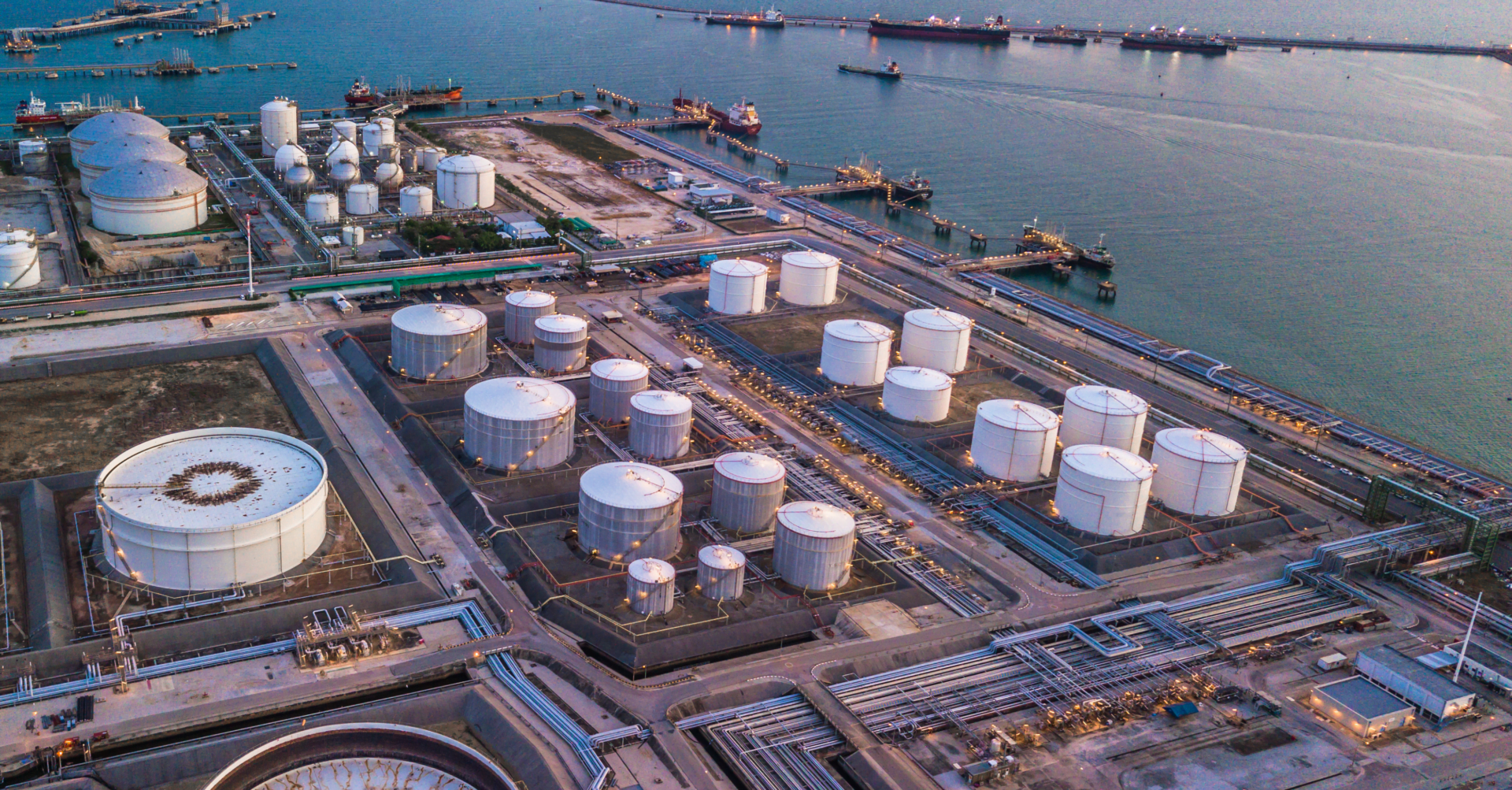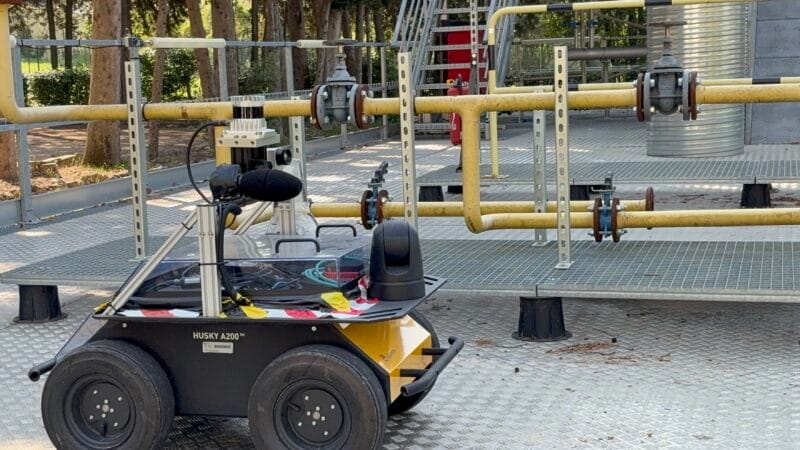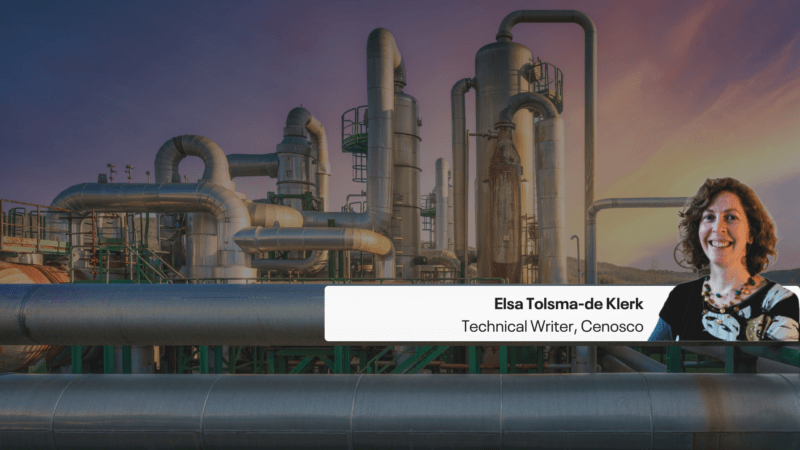API 580, the Risk-Based Inspection (RBI) standard for pressure equipment developed by the American Petroleum Institute (API), holds immense importance in the oil and gas industry for its role in managing the integrity of pressure equipment. It applies across various industry sectors, including refineries, petrochemical plants, and facilities with pressure equipment.
API 580 underscores the importance of a targeted approach to risk-based inspection and maintenance practices within the oil and gas industry, particularly focusing on pressure equipment.
API 580 offers complete guidance on developing, implementing, and maintaining RBI programs tailored specifically for pressure-containing equipment. It meets the needs of owner-users, operators, and equipment designers, highlighting the significance of prioritizing inspection activities based on risk assessment to ensure operational safety and reliability.
The standard supports a range of risk analysis methods, from qualitative to fully quantitative approaches, to facilitate effective inspection planning. API 580 enables companies to systematically address risks associated with pressure equipment. It covers various essential elements of RBI, including understanding design premises, planning assessments, data collection, failure mode identification, and risk management strategies. Following the API 580 guidelines elevates operational safety and integrity within the industry.
API 580 allows you to optimize inspection intervals, prioritize inspections based on risk, and allocate resources more efficiently, reducing inspection costs while maintaining safety standards.
In this blog post, we will discuss the importance of API 580 in promoting safety, compliance, and cost efficiency within the oil and gas industry and provide valuable insights into effective implementation strategies.
What is API 580?
API 580 is a crucial set of guidelines developed by the American Petroleum Institute (API) for the oil and gas industry, and it is also known as the Risk-Based Inspection standard. It provides a structured framework for implementing RBI programs focused on managing the integrity of pressure equipment, encompassing pipelines, vessels, and tanks.
Operating on a risk-based approach, API 580 emphasizes the need to prioritize inspections according to risk factors present in pressure equipment. This strategy optimizes resource allocation, minimizing operational downtime and maintenance expenses.
Furthermore, API 580’s comprehensive risk assessment process involves evaluating equipment conditions, process parameters, and potential failure modes to tailor inspection and maintenance activities accordingly.
Why is API 580 important?
API 580 holds profound implications in the oil and gas industry, from heightened safety and compliance to enhanced cost efficiency and operational effectiveness.
Implementing the guidelines outlined in API 580 empowers companies to proactively manage pressure equipment integrity, reduce risks, and foster sustainable operations within the industry’s dynamic landscape.
- Enhanced Safety: API 580 fosters a proactive approach to risk management, enabling companies to identify potential hazards associated with pressure equipment before they lead to safety incidents or failures. By prioritizing inspections based on risk factors, API 580 helps enhance safety standards across the industry.
- Improved Compliance: Adherence to API 580 ensures that companies meet regulatory requirements and industry standards related to pressure equipment integrity. Compliance with API 580 demonstrates a commitment to safety and regulatory compliance, reducing the risk of penalties and legal issues.
- Cost Efficiency: API 580 allows companies to optimize inspection intervals, prioritize inspections based on risk, and allocate resources more efficiently. By focusing resources on high-risk equipment and implementing targeted maintenance strategies, companies can reduce inspection costs while maintaining safety standards.
- Operational Efficiency: Effective implementation of API 580 leads to improved operational efficiency by minimizing unplanned downtime and breakdowns caused by equipment failures. By identifying and addressing potential risks, companies can maintain operational continuity and maximize production uptime.
- Asset Integrity Management: API 580 facilitates comprehensive risk assessments of pressure equipment, enabling companies to develop tailored inspection and maintenance plans. This will significantly improve the overall asset integrity. By managing the integrity of pressure equipment effectively, companies can extend asset lifecycles and optimize asset performance.
- Risk Minimization: API 580 enables companies to identify and minimize risks related to pressure equipment, including corrosion, erosion, and fatigue. Using strategies like risk-based inspection (RBI), proactive maintenance, and following industry guidelines, companies can decrease the chances of equipment failures and their potential impacts on the workforce, environment, and local communities. Additionally, factors like proper design, ongoing monitoring, integrity checks, data analysis, staff training, and compliance with regulations also help to reduce risks and maintain the safe operation of pressure equipment.
Practical Implementations of API 580 in the Oil & Gas Industry
In this paragraph, we will explore hands-on applications of API 580 in the Oil & Gas Industry.
- Risk-Based Inspection (RBI) Program Implementation: Oil refineries implement API 580 guidelines to develop a comprehensive RBI program for its pressure equipment. By conducting risk assessments and prioritizing inspections based on API 580 methodologies, the refinery identifies critical areas requiring immediate attention, reducing the risk of equipment failures and enhancing operational safety.
- Refinery Turnaround Planning: Petrochemical refineries incorporate API 580 guidelines into their turnaround planning process. By integrating risk assessments and inspection data into the turnaround schedule, the refinery optimizes maintenance activities, minimizes downtime, and maximizes operational efficiency. API 580-based strategies enable the refinery to proactively address potential equipment integrity issues, reducing the possibility of unplanned shutdowns and production losses.
API 580 is a crucial standard for managing the integrity of pressure equipment in the oil, gas, and chemical industries.
API 580 provides detailed guidelines for implementing RBI programs tailored to pressure equipment, focusing on risk assessment, inspection planning, and maintenance strategies. Cenosco’s IMS PEI software implements an RBI Program that is compliant with API 580 and API 571’s damage mechanisms. This software also allows users to swap between methodologies for each RBI Analysis. IMS PEI is much more than a standalone RBI tool. It integrates the RBI results with corrosion calculations, inspection results, wall thickness measurements/calculations, and schedules.
Learn more about IMS PEI and how it can elevate your Pressure Equipment Integrity Management.
Ready to learn more about our software?
Fill out the form below to request a demo.




